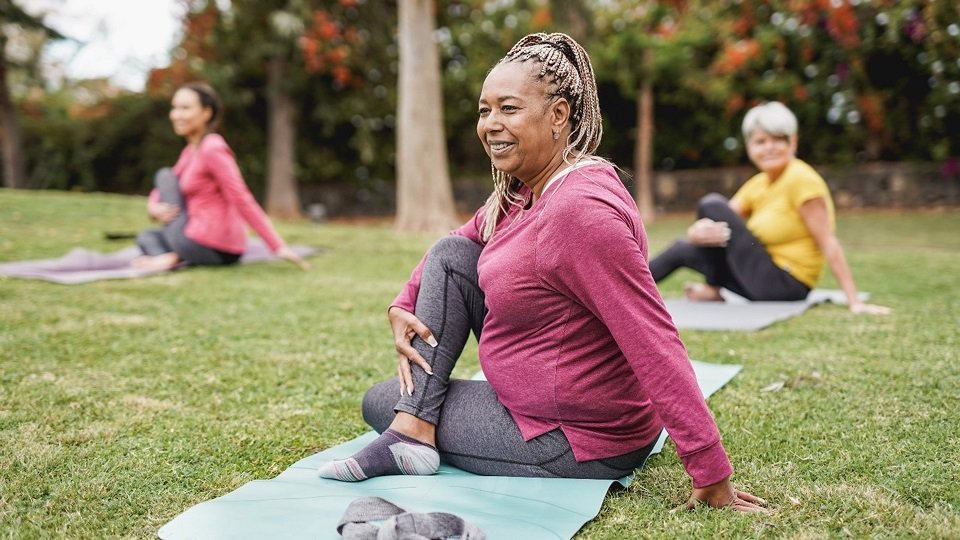Understanding how to prevent cancer involves making significant lifestyle changes that can reduce your risk. While no strategy can guarantee cancer prevention, adopting certain habits and practices can substantially lower your risk and promote overall health. This article explores essential lifestyle changes and strategies that matter in the fight against cancer.

Key Lifestyle Changes for Cancer Prevention
Embrace a Healthy Diet
One of the fundamental aspects of how to prevent cancer is maintaining a nutritious diet. A diet rich in fruits, vegetables, and whole grains provides essential vitamins, minerals, and antioxidants that help protect against cancer.
- Incorporate Fruits and Vegetables: Consuming a variety of colorful fruits and vegetables can supply your body with antioxidants, which combat oxidative stress and reduce cancer risk. Aim for a diverse diet that includes cruciferous vegetables like broccoli and cauliflower, known for their cancer-fighting properties.
- Limit Processed Foods: Processed foods and red meats have been linked to an increased risk of certain cancers. Reducing your intake of these foods and focusing on lean proteins, such as fish and poultry, can contribute to better cancer prevention.
Stay Physically Active
Regular physical activity plays a crucial role in how to prevent cancer. Exercise helps maintain a healthy weight and reduces the risk of several types of cancer.
- Aim for Regular Exercise: Engaging in at least 150 minutes of moderate aerobic activity or 75 minutes of vigorous activity per week can help lower cancer risk. Activities such as walking, cycling, and swimming are excellent options.
- Include Strength Training: Incorporating strength training exercises twice a week can further support overall health and weight management. Strength training helps build muscle and boost metabolism, which can positively impact cancer risk.
Avoid Known Carcinogens
Limit Tobacco Use
Tobacco use is a well-established risk factor for cancer, particularly lung cancer. Understanding how to prevent cancer includes avoiding tobacco products and minimizing exposure to secondhand smoke.
- Quit Smoking: If you smoke, seeking support to quit is one of the most impactful steps you can take. Resources such as counseling, medications, and support groups can aid in quitting successfully.
- Avoid Secondhand Smoke: Minimize exposure to secondhand smoke by avoiding environments where smoking occurs and encouraging smoke-free policies in public spaces.
Minimize Alcohol Consumption
Excessive alcohol consumption is linked to an increased risk of several cancers, including breast and liver cancer. Moderating alcohol intake is an important aspect of cancer prevention.
- Follow Recommended Guidelines: For women, limit alcohol intake to one drink per day, and for men, up to two drinks per day. Choosing alcohol-free days and exploring alternative beverages can help reduce overall consumption.
Practice Sun Safety
Protecting your skin from harmful UV radiation is another key factor in how to prevent cancer. Skin cancer, including melanoma, is strongly associated with excessive sun exposure.
- Use Sunscreen: Apply broad-spectrum sunscreen with an SPF of 30 or higher, even on cloudy days. Reapply every two hours, and after swimming or sweating.
- Seek Shade: Avoid direct sun exposure during peak hours, typically between 10 a.m. and 4 p.m. Wearing protective clothing, such as hats and long sleeves, can further reduce your risk.
Regular Screenings and Vaccinations
Get Regular Health Check-Ups
Regular medical check-ups and screenings are essential for early detection and prevention of cancer. Understanding how to prevent cancer also involves proactive health monitoring.
- Schedule Routine Screenings: Follow guidelines for cancer screenings based on your age, gender, and family history. Common screenings include mammograms, colonoscopies, and Pap smears.
- Discuss Risk Factors: Talk to your healthcare provider about your personal risk factors and family history. They can recommend specific screenings and preventive measures tailored to your needs.
Consider Vaccinations
Certain vaccines can help prevent cancers caused by viruses. Vaccinations are an important preventive measure in the broader strategy of how to prevent cancer.
- HPV Vaccine: The human papillomavirus (HPV) vaccine helps protect against cancers related to HPV, such as cervical and throat cancer. It is recommended for preteens and young adults.
- Hepatitis B Vaccine: Hepatitis B can increase the risk of liver cancer. The vaccine is recommended for infants, children, and adults at risk of hepatitis B infection.
Conclusion
In conclusion, understanding how to prevent cancer involves making key lifestyle changes that promote overall health and reduce risk factors. Embracing a healthy diet, staying physically active, avoiding known carcinogens, practicing sun safety, and engaging in regular screenings and vaccinations are all crucial steps. By incorporating these changes into your daily life, you can take proactive measures to lower your cancer risk and enhance your well-being.




